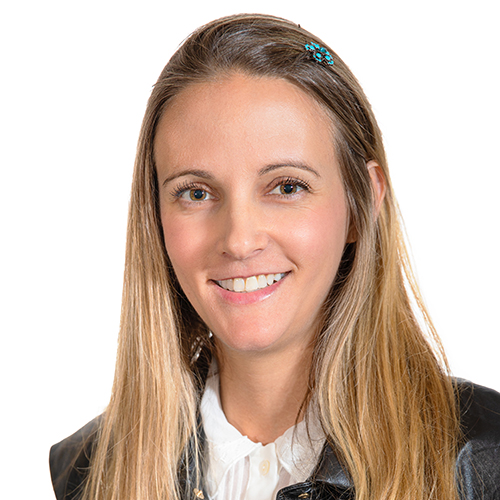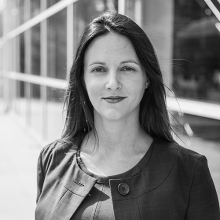Colorado's Civil Court Crisis: 5280 Mag and IAALS on Aiding Self-Represented Litigants
 The June edition of 5280 Magazine highlights the reality of self-representation in Colorado’s civil courts. Referencing the first-hand experience of a litigant who navigated her way through the family court process without an attorney, the article discusses how more and more Coloradoans are without legal representation in their civil case. For example, in 75 percent of domestic relations cases in 2013, both parties were self-represented.
The June edition of 5280 Magazine highlights the reality of self-representation in Colorado’s civil courts. Referencing the first-hand experience of a litigant who navigated her way through the family court process without an attorney, the article discusses how more and more Coloradoans are without legal representation in their civil case. For example, in 75 percent of domestic relations cases in 2013, both parties were self-represented.
Colorado Legal Services (CLS) Executive Director Jonathan Asher suggested that “[l]awyers have priced themselves out of the market for most middle-class working people.” While CLS served more than 13,000 parties in 2014, resources are limited and “[f]or every person CLS helped . . . lack of resources forced it to turn away another.” Family law attorneys in Colorado can charge up to $500 per hour—high fees are driven in part by substantial legal education debt.
A Colorado Supreme Court Advisory Committee is exploring ways in which the legal community can better assist Coloradoans who cannot access an attorney, particularly looking at the Washington Limited License Legal Technician (LLLT) program. While initial reports on the Washington program show positive reviews, 5280 reports that the Committee is favoring a “wait-and-see approach while looking at other solutions for the pro se litigant issue.”
5280 Editor Geoff Van Dyke, who describes the rise in self-represented litigants as “a troubling development,” suggests:
“If we truly want to live up to the lofty ideals on which this country was founded, it’s our responsibility to explore viable options to remedy this disturbing situation.”
Similarly, the recently released IAALS Cases Without Counsel study findings and accompanying recommendations call for a coordinated response among family justice system stakeholders, in recognition that helping families through the process is a responsibility that is shared by courts, legal professionals, and broader communities.


